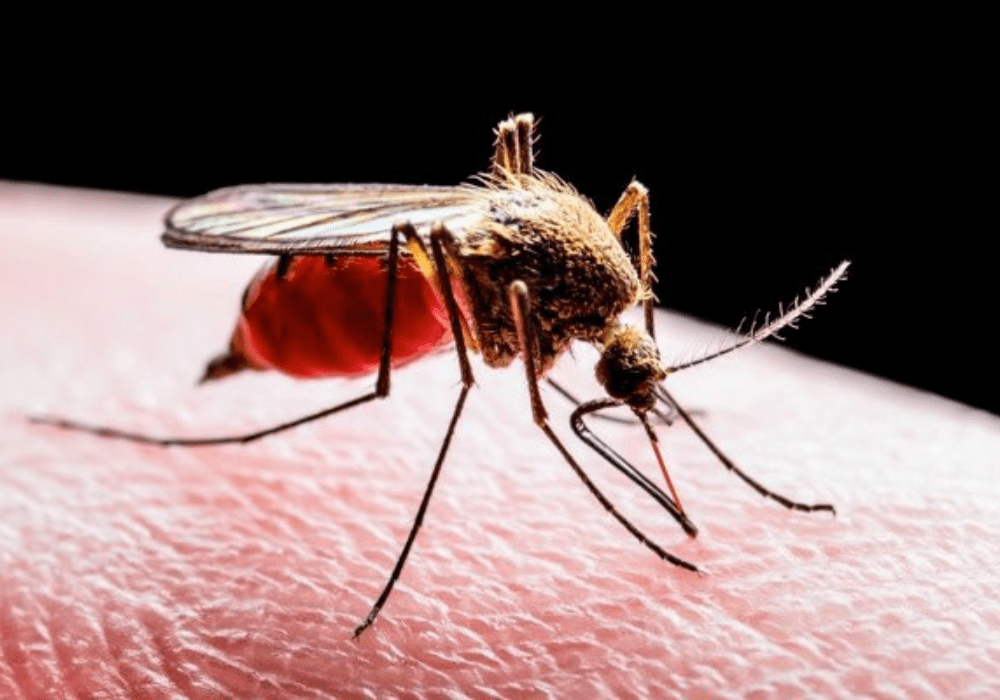
The increasing spread of the mosquito-transmitted disease malaria in Africa is connected to climate change, a recent study found. Over the last century, the range of malaria-transmitting mosquitoes in Sub-Saharan Africa has moved away from the equator and higher in elevation by 6.5 meters per year, corresponding with warming temperatures connected to global heating.
Similar patterns are appearing with other species. As plants and animals move towards colder areas due to temperature changes, the ranges of diseases they carry will shift. Ticks and bats are expanding their territories, potentially carrying Lyme disease and rabies. The phenomenon has caused concerns from experts, specifically regarding the implications of spreading infectious diseases to humans.
These shifts in animal populations will also negatively impact species and ecosystems’ stability. For example, fish are migrating to colder waters while lobsters are dying of fungal diseases linked to warming oceans. The decrease in available seafood lowers the food supply for seabirds and commercial fisheries.
The research highlights the importance of data collection on how our warming world impacts disease-carrying wildlife. Mosquitoes are particularly adaptive to a changing climate because they reproduce faster in higher temperatures.
By Leanne Auyeung
